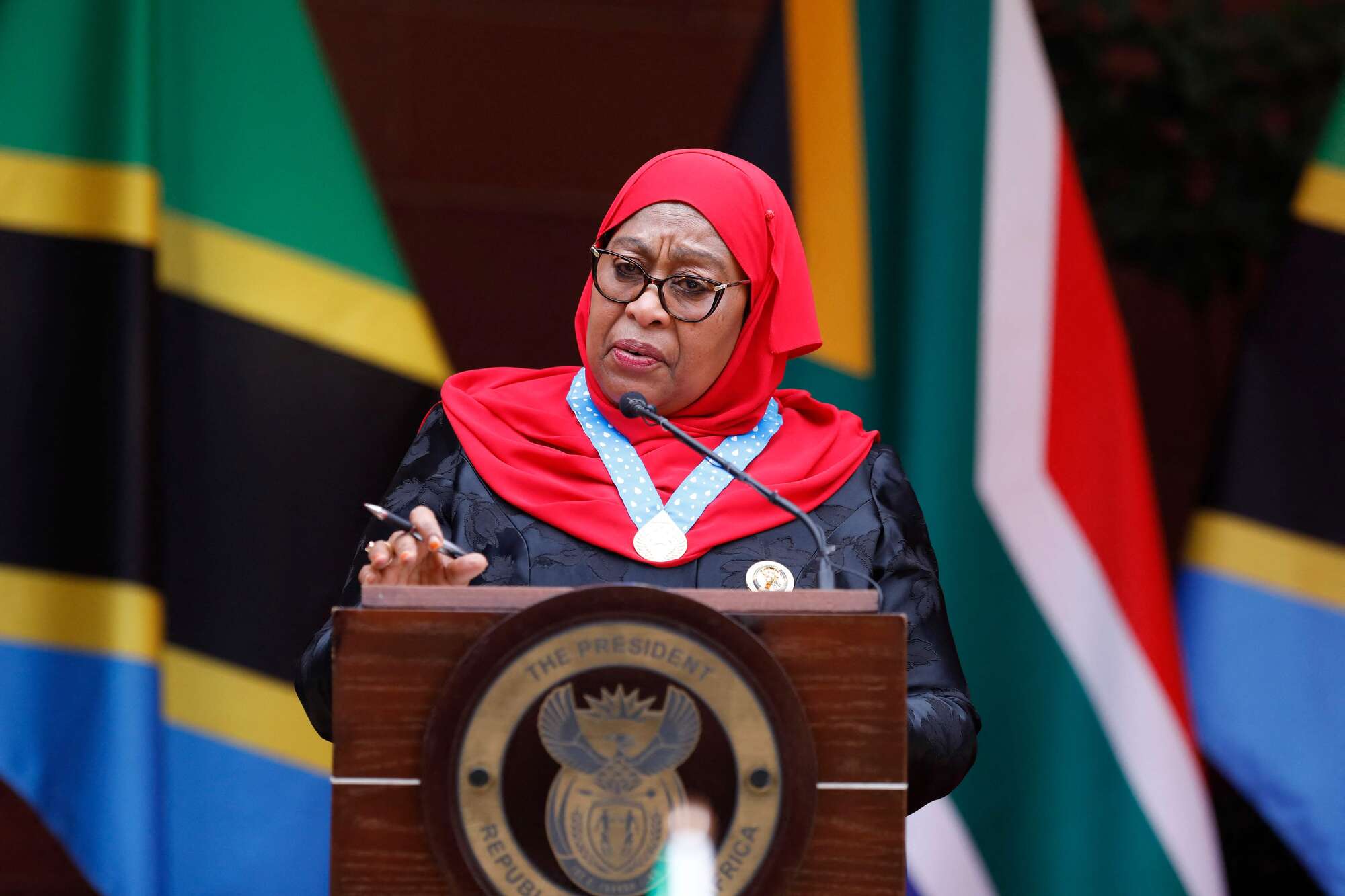According to the Tanzania revenue Authority, (TRA) Turky’s assets will be seized should he fail the tax payment for the Marcedes Benz G wagon which he imported in January, 2022.
Speaking to Reporters TRA’s deputy commissioner Juma Bakary Hassan said the businessman on October 3,had requested to pay the taxes in installments, something that the taxman has rejected.
“We have instructed him to pay as required by the law and should he fail to do so we shall seize his property through his guarantor to ensure that government tax is paid,” said the deputy commissioner.
According to the authority’s official, apart from the car, Turky’s bag company also owes TRA some Sh170.5 million.
Tax exemption applications which he applied for have been rejected twice by the minister of state in the President’s Office, finance and planning despite being approved by the executive director of the Zanzibar Investment Promotions Authority (ZIPA) Sharif Ali Sharif.
TRA says that the car was released to the businessman before completing tax payments after he was guaranteed by a financial institution as they continued to process a tax exemption through the Zanzibar Bag Factory project.
The officials, however, say they did not allow the businessman to use the car, instead he was allowed to take it away from the port to avoid attracting further port charges.
Zanzibar’s finance and planning Minister Dr Saada Mkuya said the tax exemption was rejected because it was in violation of the investment laws of Zanzibar.
Tax exemption in Zanzibar is granted to an investor during the construction of the project and not after the project is completed.
Share this news
This Years Most Read News Stories

Karume faults lease of Zanzibar Islets
Diplomat Ali Karume has faulted the decision by the revolutionary government of Zanzibar to lease the islets that surround the islands of Unguja and Pemba to private developers saying it was absolutely not in Zanzibar’s national interests.Continue Reading

Ali Hassan Mwinyi, Former President of Tanzania, Dies at 98
Ali Hassan Mwinyi, a schoolteacher turned politician who led Tanzania as its second post-independence president and helped dismantle the doctrinaire socialism of his predecessor, Julius K. Nyerere, died on Thursday in Dar es Salaam, the country’s former capital. He was 98.Continue Reading

President Samia takes on Tanzania’s web of corruption
The President takes on the web of corruption in the Tanzanian government and quasi-government institutions flagged by the newest report by Controller & Auditor-General Charles Kichere. Continue Reading











